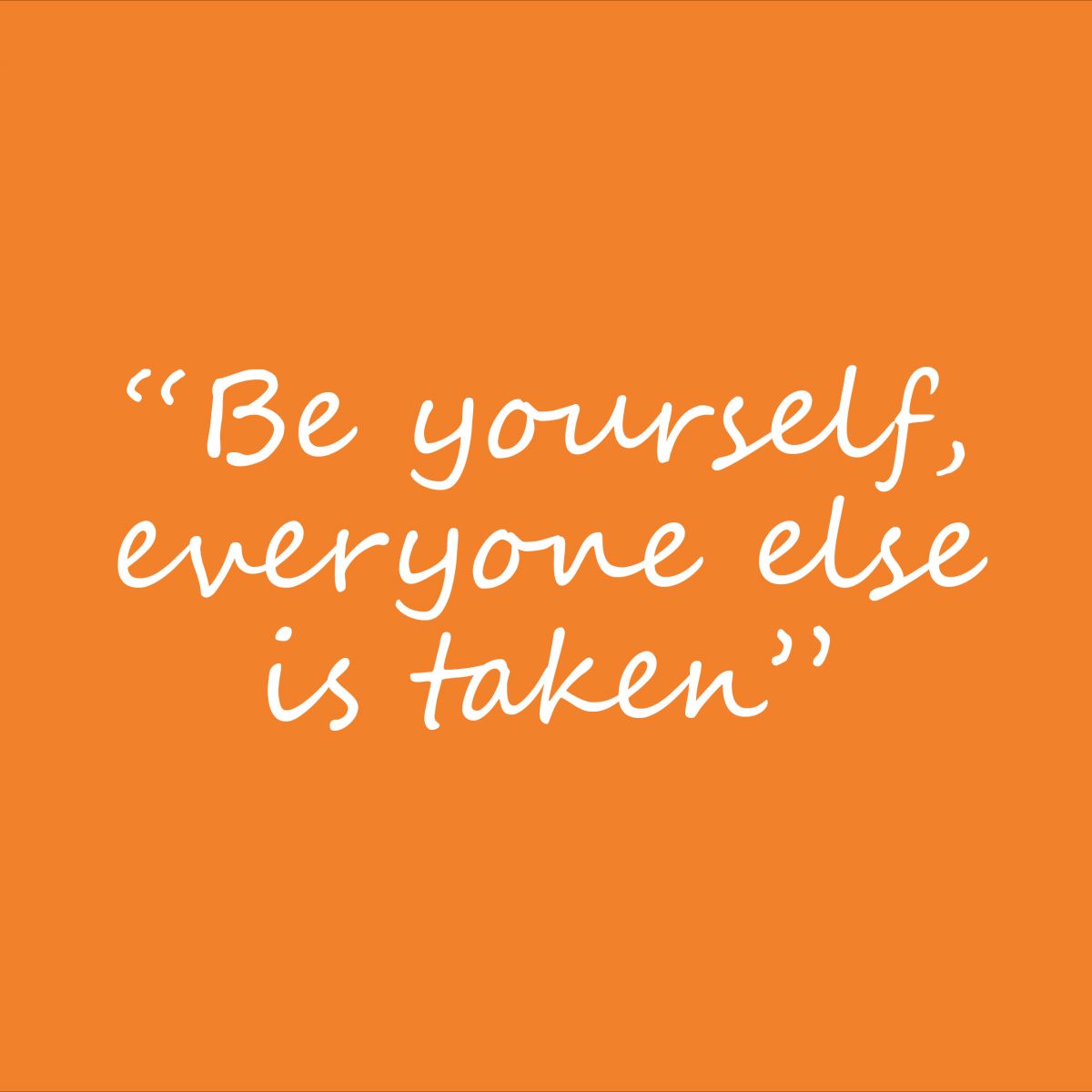Mental Fitness Mondays: Authenticity
How much do you feel like ‘yourself’ today?
In today’s Mental Fitness Monday I’m covering the last of the muscles that I believe we can develop: Authenticity, part of the People Skills muscle group.
When you’re authentic, you feel good and you communicate better, building deeper connections with others.
Well known speaker on trauma and ADHD, Dr Gabor Mate (pronounced Mat-ay) says that we don’t need to try to be authentic, the work we need to do is in noticing when we’re not authentic.
Values
I think the key to being more authentic is in understanding your values. What are the qualities and choices that you think are the most important?
Maybe it’s fairness, or honesty or ‘family first’ or something else. At Real Clear we talk a lot about values as being “the codes by which you live”.
Check ours out here Real Clears Mission and Values. Every day I check in with these values and course correct if I’m going astray. As an example, one of Real Clear’s values is to ‘be a decent person’ and I believe we all adhere to that 99.99% of the time. However, sometimes I notice that my brain wants me to do something that’s quicker, over what is right. Or to avoid a difficulty by not speaking out. These are times when the quiet, wise voice inside me gently reminds me to consider ‘what is the decent thing to do?’.
What about you? What are your values? If you don’t know, drop me an email at lisa@realclear.co.uk and I’ll send you a link to a site where you can find yours out.
Knowing isn’t enough
Values aren’t nice words that you reflect on for five minutes after you’ve done a quiz on them. They need to be reflected on and applied to everyday situations, literally every day.
Signs you’re not being authentic
It pays to notice when you feel inauthentic, especially compared to you at your best. Here are some signs:
- 1: When you say yes to something that you’d prefer to say no to.
- 2: When you feel like you don’t belong, so you go quiet.
- 3: When you want to share a thought but worry people will think you’re an idiot.
- 4: When you pretend that you like/dislike something to fit in.
- 5: When you don’t feel able to ask for help, or make a request.
It’s good to socially adapt, but masking is exhausting
When you’re being authentic, you should feel like you. It should be an effortless sense of self. If that’s not the case, you might be masking. Masking is different to socially adapting, which is where we modify our behaviour and language to suit a situation. For example, if you went to a religious service, you’d probably sit there quietly for the duration. This would be different to how you might be at a family birthday celebration. You might disagree with something the religious leader says but you’ll probably stay quiet when needed. You might not be in the mood for singing happy birthday, but you’ll at least make it look like you’re singing along. This is normal social adaptation and is fine in the short term.
Masking runs much deeper and for longer periods. People who identify as LGBTQ+, or neurodiverse, or with a serious medical condition often tell me that they have had to mask to try to fit in. Other examples can be when you work with people who share a political ideology, but you don’t agree…you can feel like you have to go along with the norm. Similarly, hanging around strongly opinionated or controlling people can cause others to self-silence*. This can be exhausting, which is why a more accepting society can really help.
We encourage people on our training courses to be themselves and we understand that if someone’s fidgeting, doodling or needs to stand up, they are helping themselves to learn. In coaching we ask two main things of our clients; be open to the coaching experience and be honest. We aim to create a space where people know they are completely accepted, which is why we get great results.
Being authentic is a great thing and it’s something you can further develop! Here are two coaching questions to get you thinking:
- What do you value, really?
- When might you not be being authentic in your life?
*People in the Minority Often Self-Silence, Affecting Their Behavior - Neuroscience News

